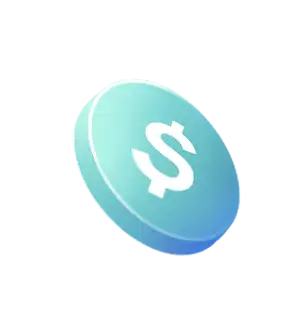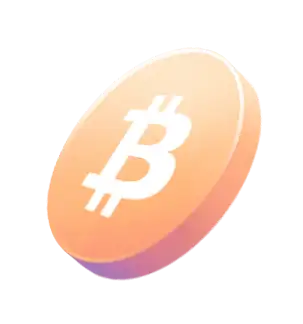Personal Finance
•
4 mins read
•
October 05, 2020
What Credit Score Do You Start With?
No, the answer is not zero

Maybe you think that all credit scores start at zero (such a lonely number), and you have to climb your way up from there. But it doesn’t work like that. Credit scores range from 300 to 850. Even someone with no credit doesn’t start at zero. Credit scores start at 300; sometimes higher, depending on which scoring system is used.
According to FICO, you must have at least one credit account that’s been open for at least six months, and one credit account that’s been reported to credit bureaus within the past six months to have a credit score. You can meet these requirements with one account or several.
What Does Your Credit Score Start At?
Everyone has to start somewhere. No one is born with excellent credit; you have to earn it. Although several factors determine your starting credit score, it’s not uncommon to start at the bottom, or 300. That’s considered poor credit. But to be honest, when you’re just starting out or before you’ve applied for any credit at all, you have no credit score.
How Is Your Credit Score Calculated?
assigns numbers for credit scores that range from 300 up to 850. Someone with poor credit has a credit score in the range of 300 to 580. Someone with excellent credit has a score in the range of 800 to 850.
The big three credit agencies–Equifax, Experian, and TransUnion–look at five factors to calculate your credit score:
1.
Applications
for credit makes up 10% of your entire credit history. It looks at how many times in the past two years you’ve applied for credit, like opening a new credit card or applying for a loan.
2.
The diversity of accounts
makes up 10% of your total credit history. It looks at your credit mix–loans, a mortgage, student loans, credit cards, etc.
3.
Credit history
accounts for 15% of your total credit score. It looks at how long you’ve had credit and how old your credit accounts are.
4.
Credit utilization
looks at the amount of available credit you have divided by how much credit you’re actually using. It accounts for 30% of your credit score.
5.
Your payment history
makes up 35% of your total credit score. It looks at how you’ve made payments on your various credit accounts; if you’ve been late, defaulting on a loan, or making all your payments on time.
What Is Your Credit Score if You Have No Credit?
If you have no credit history, you are “credit invisible.” That means none of the three major credit bureaus have a credit history on you. That might be because you’ve never applied for credit or you’ve paid for everything in cash. If you’ve never used credit or applied for a loan, you’re “credit unscorable.” That means that you may have a credit file at the major credit bureaus, but there’s not enough history to calculate a credit history.
What’s the Best Way to Check Your Credit Score for free?
Most of the time you can check your credit report for free. There are four main ways to check your credit score, according to the
.
1. Many credit card and car loan companies let you check your credit score for free. In fact, they recommend you check your reports at least once a year for any errors.
3. Many online services, like
,
, and
let you check your credit score for free. Some others may require you to subscribe to their website or sign up for credit monitoring to get your free credit score.
4. You can also request a free copy of your credit report from the major credit reporting agencies once per year at
. Or you can call 1–877–322–8228.
How Long Does It Take to Get a 700 Credit Score?
That depends. Since credit history carries the most weight (35%) in determining your overall credit score, paying your bills, including credit cards, loans, rents, etc., on time every month (or when they’re due),
. If you pay your bills only some of the time on time, it will take a little longer to reach the magic number of 700. In fact, making late payments is like taking two steps forward and one step back.
.
Why Do Credit Scores Start at 300?
Your credit score basically lets lenders know if they can (or can’t) count on you to repay your debts. When you’re just starting out, or you’ve just turned 18, you have no credit or very little credit. Maybe you’ve just opened a credit card but have no payment history. And since there’s no zero credit score, you’ve got to start somewhere, and that’s usually at 300. It can be higher, depending on the scoring system, but it will likely be right around 300.


